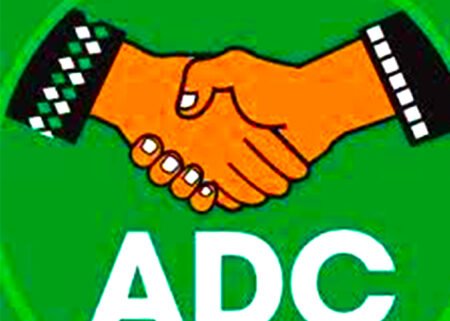Shop owners in Ghana have threatened to shut down their establishments next Monday in protest at the depreciation of the cedi, the local currency.
With the exchange rate at 10 cedis to the US dollar, traders are struggling to stay in business as the price of importing and clearing goods keeps rising.
Prices for the majority of essential products and services in the country have doubled in the past few months, but incomes have remained relatively stable.
“We are demonstrating against the government to show the extent that we are suffering… The intention is not to punish the consuming public,” said Joseph Obeng, president of the Ghana Union of Traders Associations president, about increasing interest rates and multiple taxes borne by traders.
The Ghana Institute of Freight Forwarders, an umbrella organisation for clearing agents, said it will also suspend operations on Monday in support of the planned protest.
Currently, Ghana has the highest inflation rate in the past 20 years at above 31%.
The government has pointed the blame at the Covid-19 pandemic and the recent Russia-Ukraine war.
But earlier, there had been worries over the nation’s public debt, which is currently $45.5 billion (£38.3 billion) – more than 77% of the nation’s gross domestic product (GDP).











